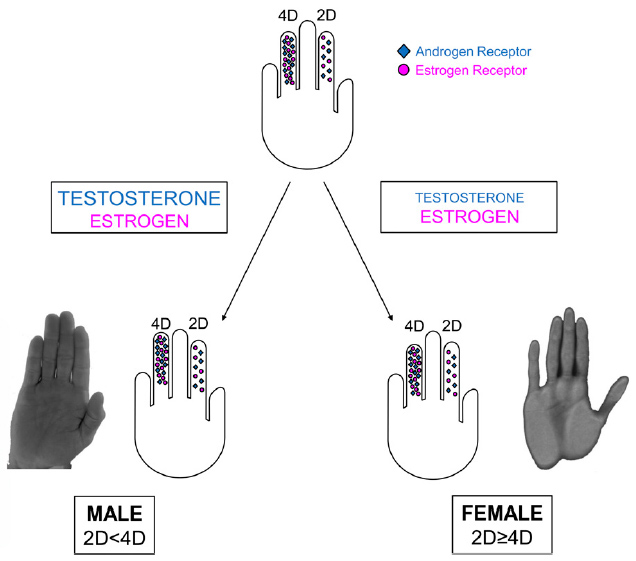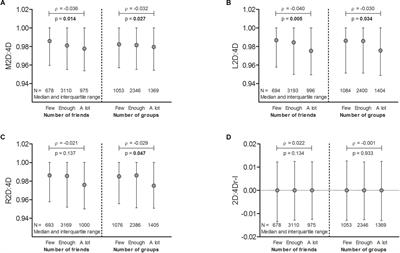
Animal models (mice, sheep) have shown permanent organizational effects of prenatal testosterone on the brain ( Brown et al., 2015 Huber et al., 2018). Prenatal stress relates to increased androgen load accordingly, intervention programs to reduce maternal stress during pregnancy are being developed ( Lenz et al., 2018b). Our data suggest that prenatal androgen exposure organizes the brain with lasting effects on social behavior.ĭuring the early prenatal window, androgens and estrogens influence the development with long-lasting effects on the structure and composition of the body and on behavior. The exploratory analysis revealed no link between 2D:4D and responses to the personality trait aggression items or items of anti-social-personality disorder. Furthermore, both factors of sociability (1) liking party and company of friends and (2) isolation intolerance, correlated significantly with the prenatal testosterone marker. These effects were consistent across both hands separately and their mean value. Lower 2D:4D correlated significantly with higher trait sociability, bigger personal social capital, and larger personal social network size. Here, we investigated the association between 2D:4D and the personality trait sociability complemented by personal social capital and personal social network size, in a population-based cohort of 4998 men. Given its role in approach and avoidance behavior, sociability might also be influenced by prenatal sex hormones, but studies are inconclusive so far.

How much people enjoy interacting with others is determined by the personality trait sociability.

Elevated prenatal exposure to testosterone as indicated by a low second-to-fourth finger length ratio (2D:4D) relates to more aggressive/hostile behavior in men of low 2D:4D, especially in challenging situations. Positive social interactions are crucial for human well-being.


 0 kommentar(er)
0 kommentar(er)
